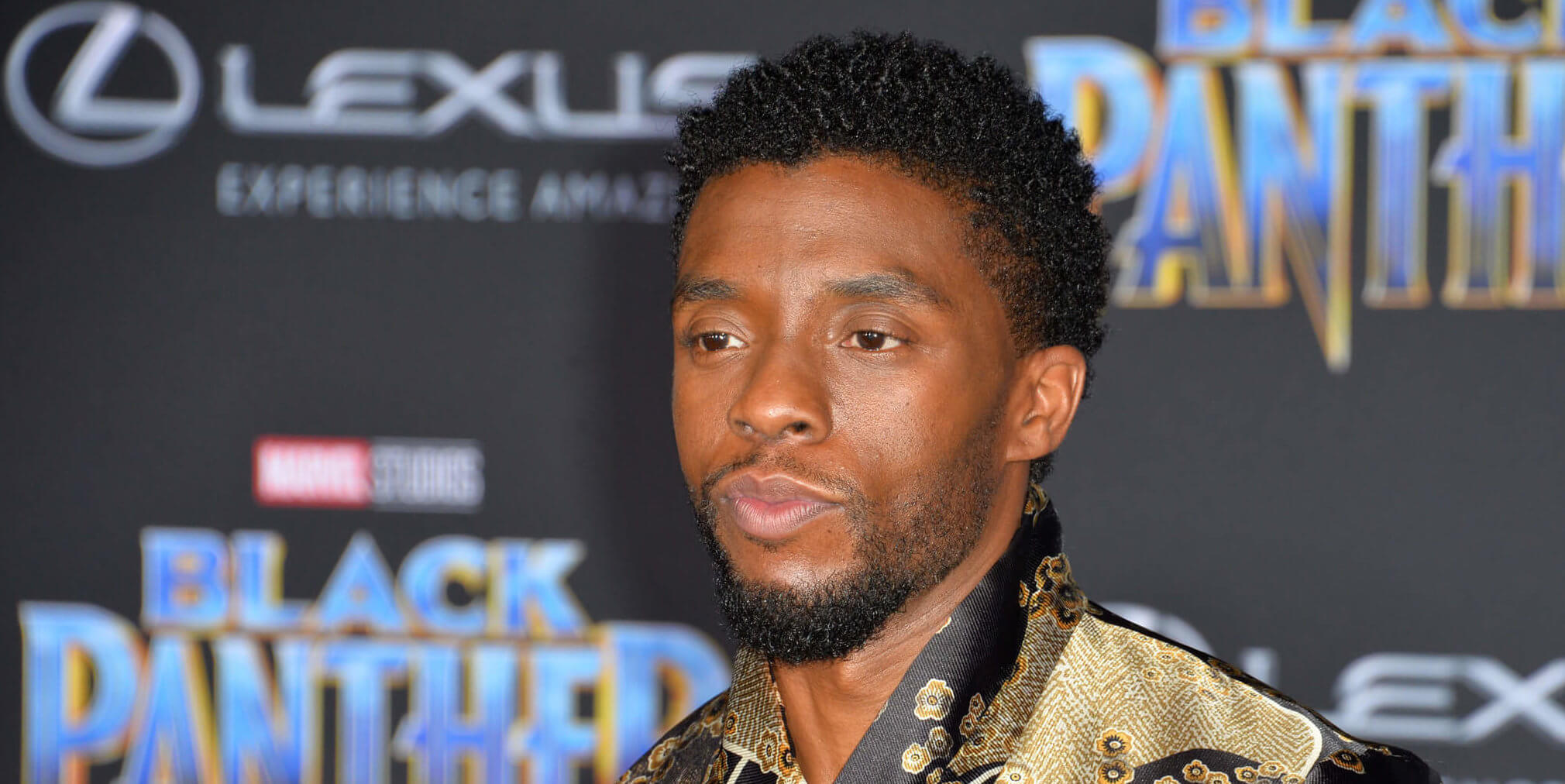I was really saddened by the passing of Chadwick Boseman, the actor who played the central character in the Marvel film Black Panther. He also put forth amazing performances in Marshall and 42. Boseman appeared in this summer’s Da 5 Bloods, an insightful look (albeit fictional) at the experience of African American soldiers in Vietnam. There has been much written about Boseman’s cultural impact on America through his portrayal of T’Challa, heir to the kingdom of Wakanda. Black Panther was the first major studio superhero film to have an African American as the main character. Boseman influenced the portrayal to reject colonial presentations by convincing producers to have the character speak in a Xhosa accent, rather than English. The film generated more than $1.3 billion. But, as one newspaper noted, “Its success represented a moment of hope, pride and empowerment for Black moviegoers around the world. And it marked an inflection point in Hollywood, where decades of discrimination against Black-led films gave way to a new era of increased visibility and opportunity for Black artists.”
What I saw was the film’s positive impact on children. Two years ago, I was visiting a Kindergarten class around Halloween. The students were making collages of different Halloween costumes cut out of catalogs. Every year, I walk in our annual CA Lower School Halloween parade, and I am usually desperate for good costume ideas. There were two boys working together—one white and one Black—and I asked them, “What do you think my Halloween costume should be?” The young African American student looked up at me and said, “You should be the Black Panther.” The white student said, “Yeah, that would be cool. He’s great.”
It was such an interesting moment for me. I was struck by the genuine joy and admiration that both Kindergartners felt for that character. And, of course, I was struck by the innocence of the comment: a child who admires Boseman’s character so much that he suggests that his 50-year-old white, male head of school can be the Black Panther. It was a lot to unpack. I remember quickly responding with what I admired about the Black Panther—his courage, his loyalty, and his sense of duty. The exchange was a reminder of why Boseman’s work was so groundbreaking and how inspirational it was for young people, particularly for young African Americans and people of color across the globe. The writer Jamil Smith noted in an article, “T’Challa was not only strong and educated; he was also royalty. He didn’t have to take over. He was already in charge.”
These kinds of moments are what I Iove most about teaching—when a student says something that is so powerful that it stops you in your tracks, its innocence so immense. It is important for educators to keep our eyes and ears open in those moments. And, it is important for us to engage in conversations in which we can celebrate the diversity of the human experience. Doing so helps our students understand the complexities of the real world in ways that inspire them to be change agents. Boseman’s talent, skill, and hard work did so much to raise up all of us.
